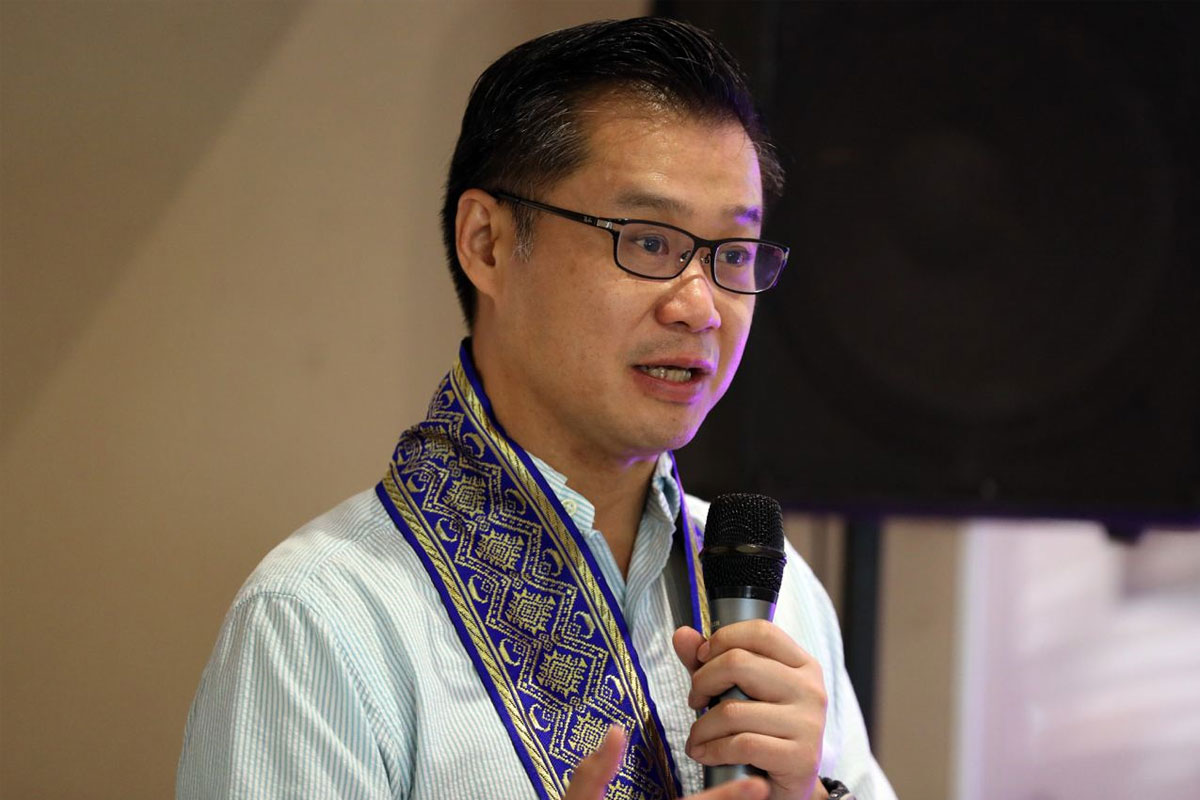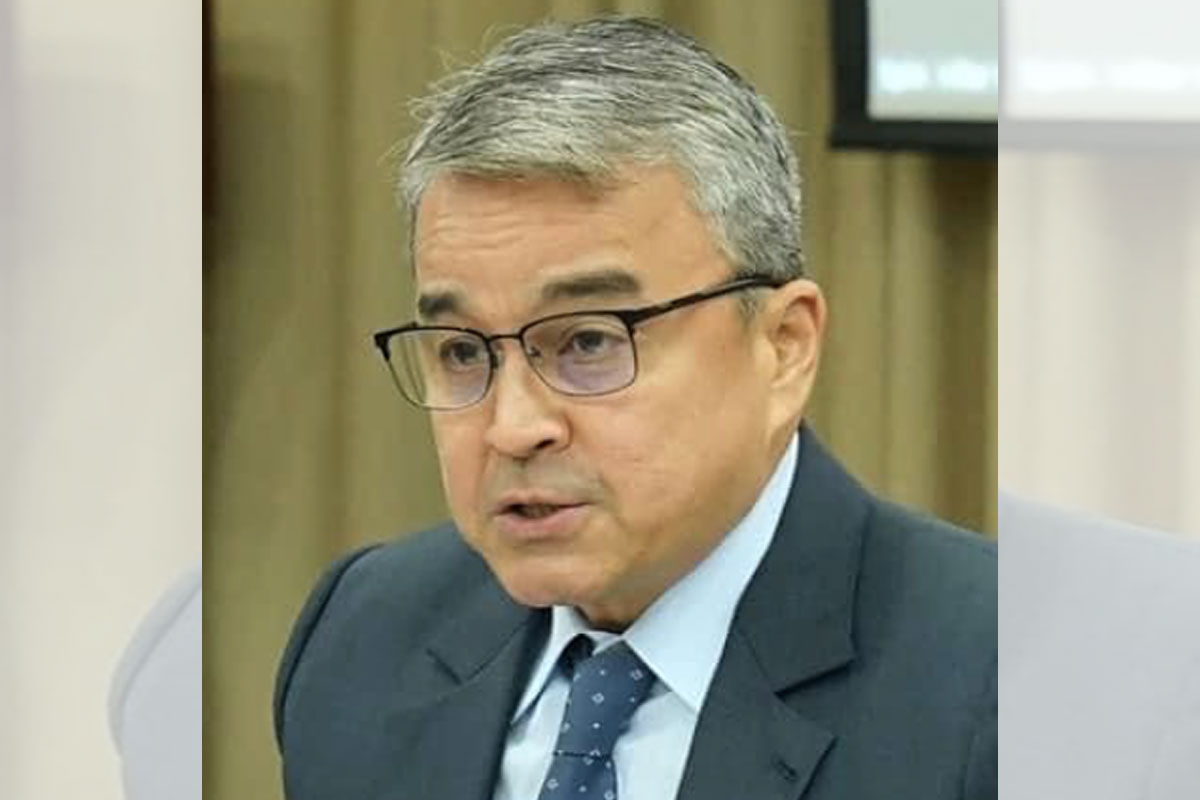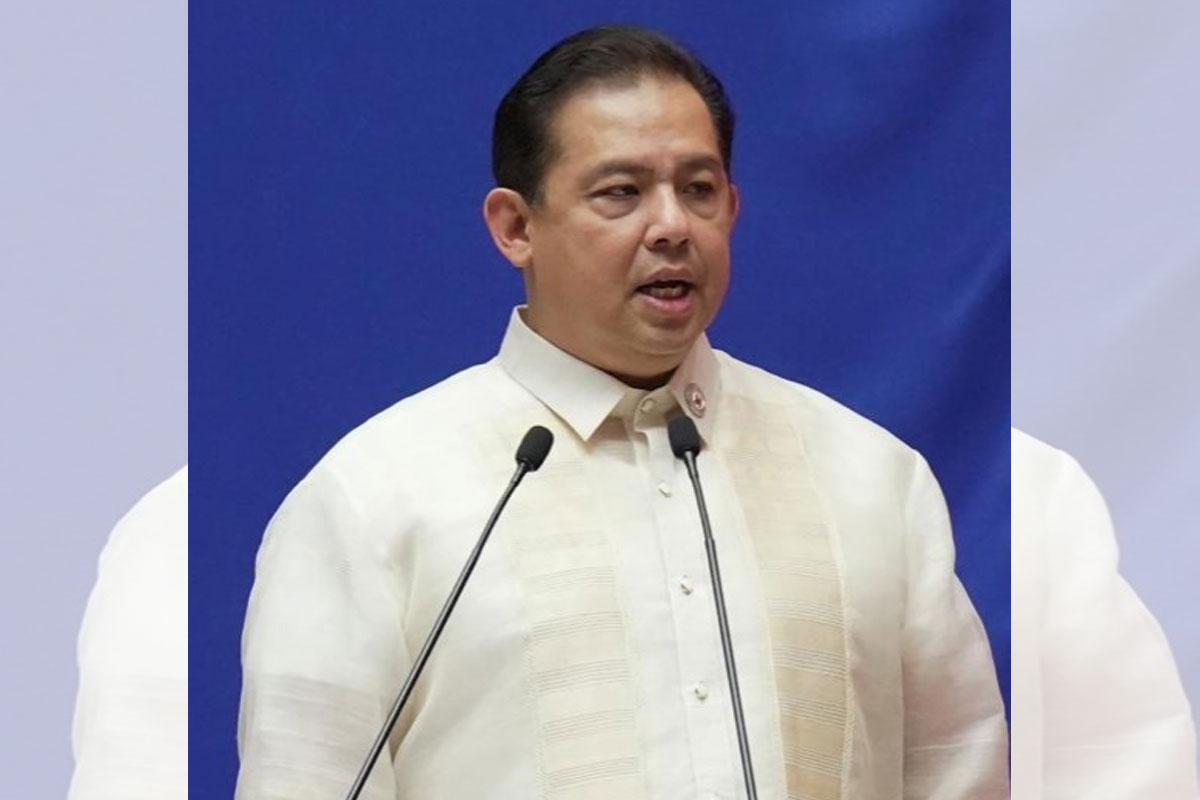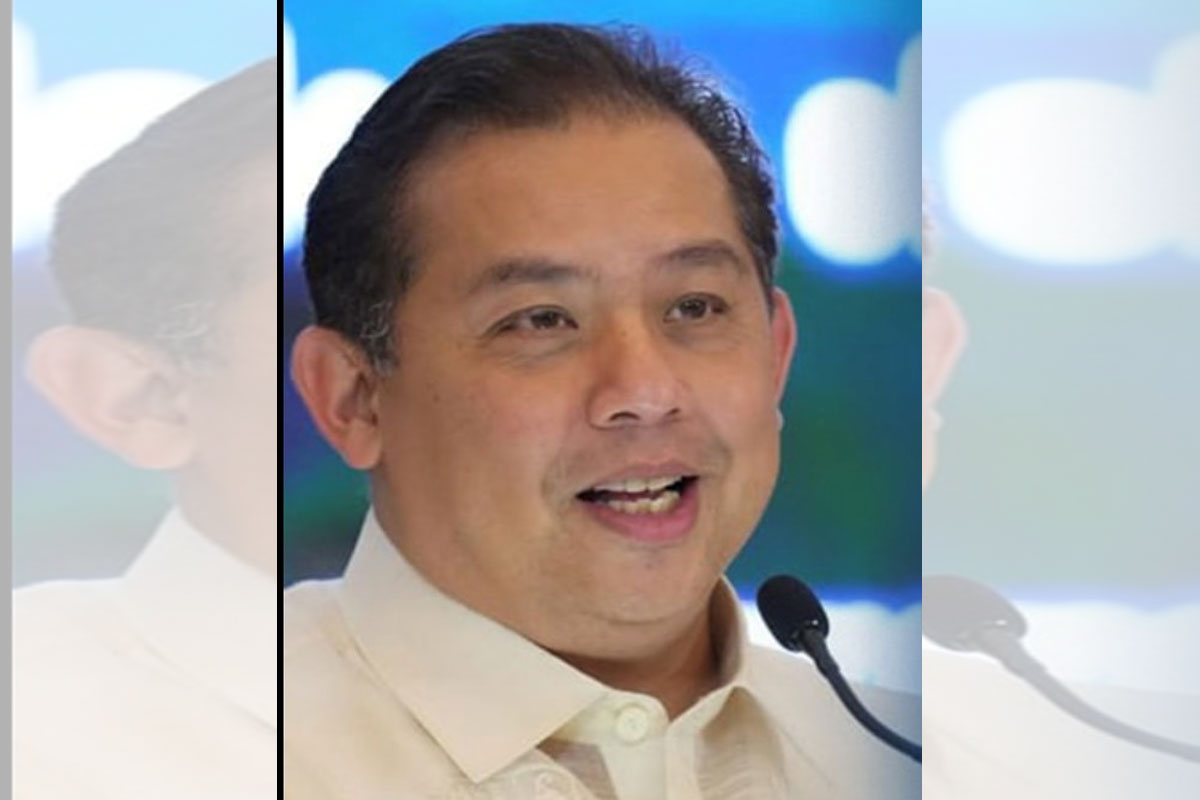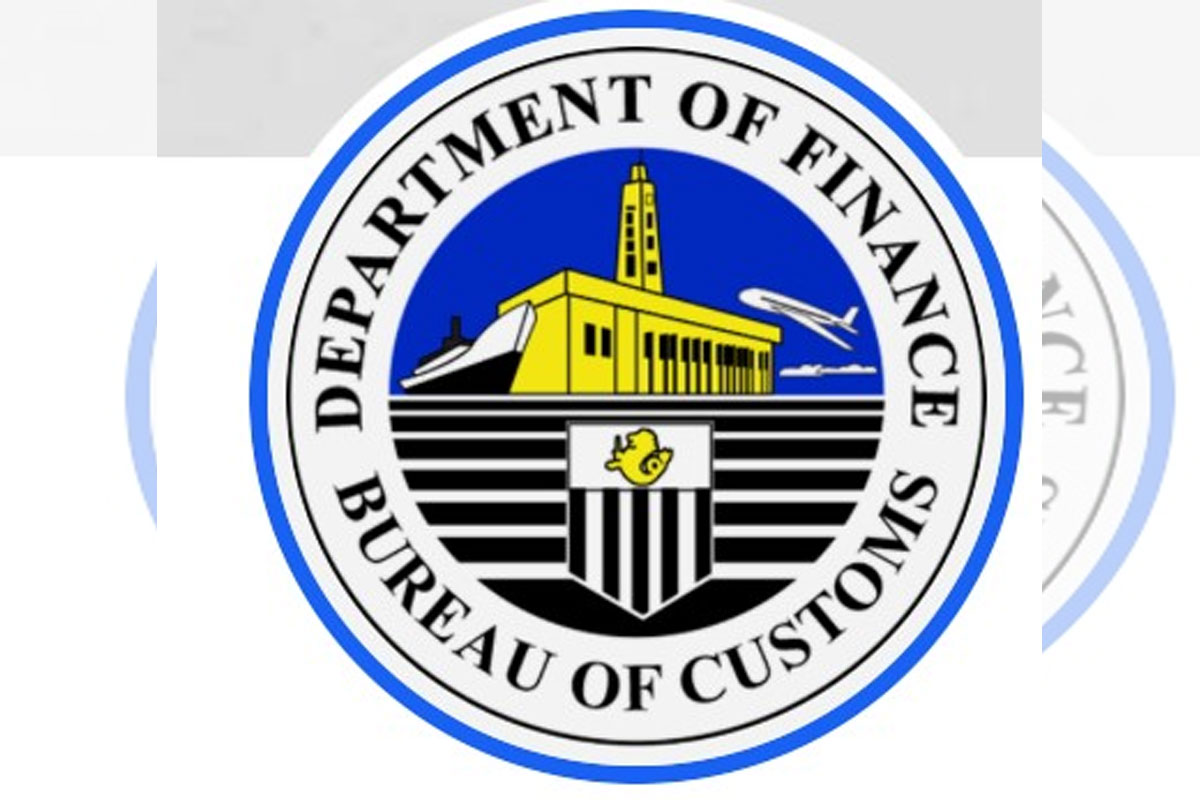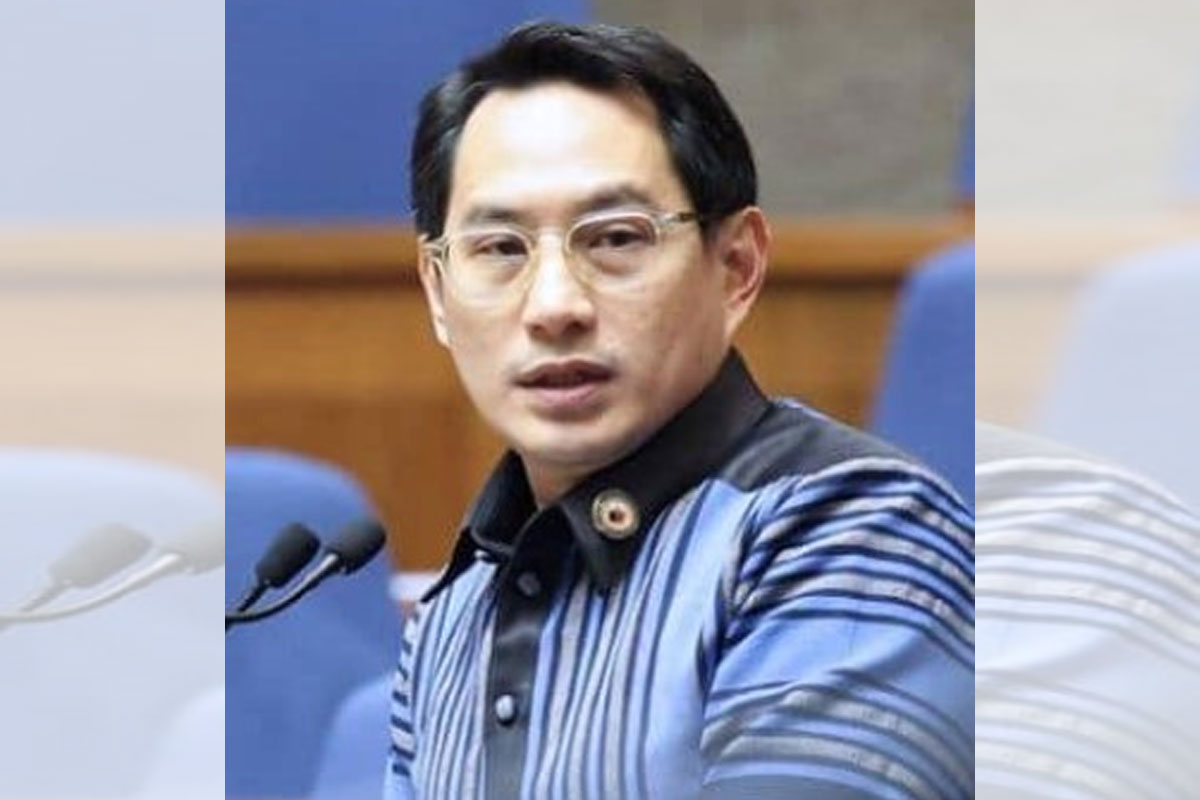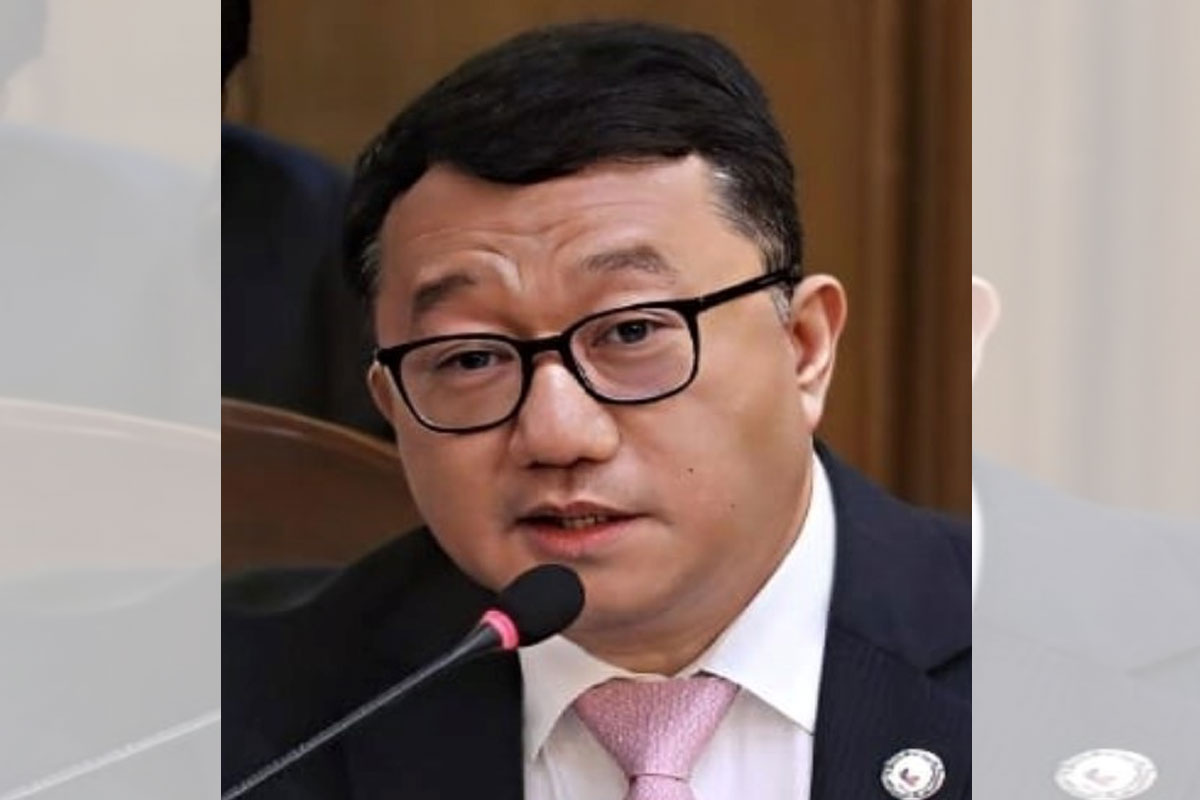
Elevating financial inclusion
 During the Bank of the Philippine Islands (BPI) annual stockholders meeting held at Fairmont Hotel last Thursday, BPI Chair Jaime Augusto Zobel de Ayala (JAZA) highlighted the bank’s strategy “to elevate financial inclusion through digitalization, customer obsession and sustainability.”
During the Bank of the Philippine Islands (BPI) annual stockholders meeting held at Fairmont Hotel last Thursday, BPI Chair Jaime Augusto Zobel de Ayala (JAZA) highlighted the bank’s strategy “to elevate financial inclusion through digitalization, customer obsession and sustainability.”
“Together with our committed team of Unibankers, we have transformed our bank into an industry leader in digital banking, anchored on operational resilience and committed to sustainability, and customer delight across financial journeys. The future of BPI is clear: building a better Philippines – one family, one community at a time.”
JAZA reported that BPI has made remarkable progress in its digital strategy particularly in onboarding and engagement and partnerships.
“This has accelerated the growth of the whole BPI eco-system, improved costumer experience and generated new revenue streams.”
To complement its current customer engagement platforms (eg., BPI Mobile, BPI Online, BPI Trade Online, the BanKo app and Bizlink) BPI introduced BIZKo for small and medium enterprises and VYBE, a one-stop lifestyle and payment app. The bank also established Agency Banking, enabling a network of partners composed of department stores, supermarkets, convenience stores, gas stations and online partners to serve customers through technology-enabled infrastructure.
“We are very excited with this latest technological innovation because it will change the way BPI can reach, acquire and serve more customers especially in geographically and socio-economically challenged areas,” commented Jose Teodoro “TG” Limcaoco, BPI President and CEO.
Since BPI launched its digitalization journey, JAZA said, “we have directly acquired about 150,000 new-to-bank clients, about 180,000 new-to-product accounts with the seamless and fully digital onboarding process in the bank’s platforms. In addition, we have acquired half a million clients for collaboration with GCash where BPI has various products like GSave, GInvest and GInsure.”
On another front, JAZA reported: “BPI further strengthened its leadership in environmental, social and governance (ESG) initiatives. BPI’s micro-finance bank, BanKo has assisted around 274,000 self-employed micro-entrepreneurs (SEMEs), with their first loans, breaching 37.6 billion pesos. BPI’s Business Banking group has helped over 132,000 SMEs, with total loan releases breaching 400 billion pesos.” It is worth mentioning that BPI additionally contributed in the microfinance space via BPI’s substantial ownership in Card MRI Bank, the leading microfinance bank in the country today.
Speaking of sustainability, JAZA reported: “BPI’s Stable Development Finance group funded a total of 398 energy efficiency, renewable energy, rebuilding climate resilience and sustainable agriculture projects amounting to 252.3 billion pesos.”
In 2022, 51 percent of BPI’s corporate loan portfolio supported the UN Sustainable Development Goals, earning for BPI a record 10 ESG accolades from various award-giving bodies.
Despite lingering local and global challenges, 2022 marked the start of a recovery for the banking sector, with the easing of Covid restrictions, increasing mobility and hastening the re-opening of businesses. BPI had an exceptional year marked by a fast-growing loan book, higher yield, higher deposits, a better-than-industry NPL ratio and lower cost-to-income. BPI recorded a net income of 39.6 billion pesos (up 65 percent year on year), on the back of increased businesses across the bank especially in business loans, credit cards, and transaction banking.
On the last trading day of 2022, BPI share price closed at 102 pesos, 6.7 percent higher than a year ago, giving, together with paid dividends, a total shareholder return of 13.1 percent, thus making BPI the most valued listed Philippine bank in terms of price-to-book ratio.
All the major rating agencies reaffirmed their investment credit rating for BPI, which is at par with the Philippine sovereign credit rating.
JAZA also updated the stockholders on the progress of the announced merger of BPI with Robinsons Bank, a move projected to unlock synergies In the Ayala and Gokongwei groups ecosystems.
BPI welcomed new board directors Karl Kendrick Chua and Rizalina Mantaring, and new advisory council members Fernando Zobel de Ayala and Lance Gokongwei. BPI also recognized the meaningful contributions of outgoing board directors Eli Remolona, Jr. and Ramon del Rosario and advisory council member Oscar Reyes.
The stockholders approved the nomination and election to the 15-member board of the following:
Jaime Augusto Zobel de Ayala, Cezar P. Consing, Jose Teodoro K. Limcaoco, Janet Guat Har Ang,
Rene G. Bañez, Romeo L. Bernardo, Ignacio R. Bunye, Karl Kendrick Chua, Emmanuel S. de Dios,
Octavio Victor R. Espiritu, Rizalina G. Mantaring, Aurelio R. Montinola III, Cesar V. Purisima, Jaime Z. Urquijo, and Maria Dolores B. Yuvienco.
In the organizational meeting which immediately followed the annual stockholders meeting, the following were elected:
Jaime Augusto Zobel de Ayala, Chairman; Cezar P. Consing, Vice Chairman; Jose Teodoro K. Limcaoco, President/CEO; Dino R. Gasmen, Treasurer; Maria Lourdes P. Gatmaytan, Corporate Secretary, and Emeliana Elisa F. Navarro, Assistant Corporate Secretary
Making up BPI’s Advisory Council are Chief Justice Artemio V. Panganiban, Fernando Zobel de Ayala, Delfin L. Lazaro, Mercedita S. Nolledo, Antonio Jose U. Periquet, Jr. and Lance Y. Gokongwei.


